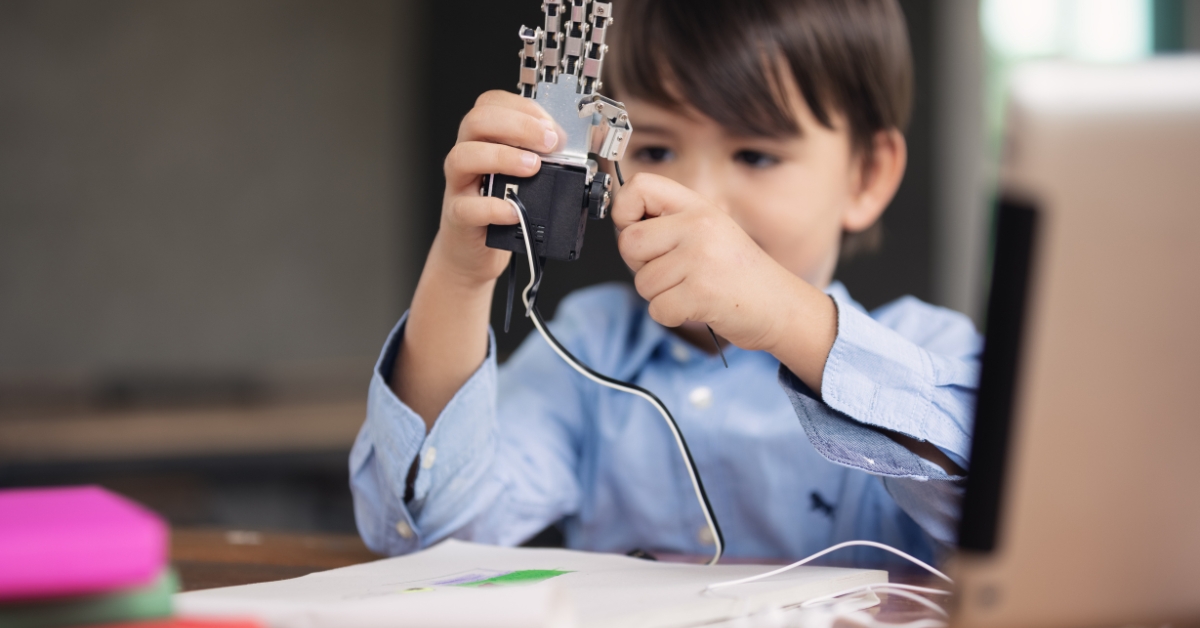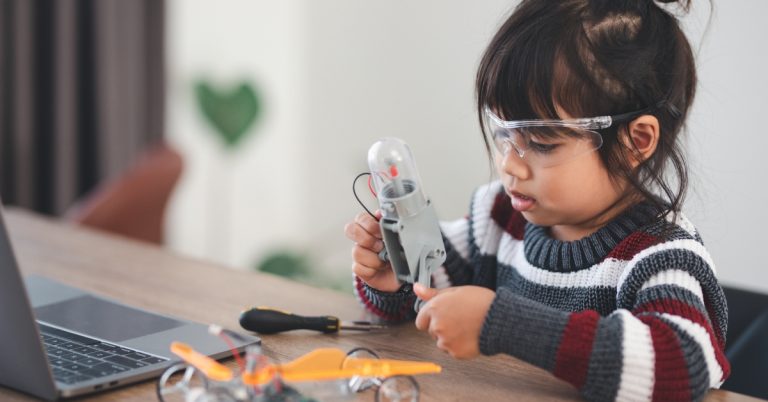Unlocking the Mind: Understanding the Science of the Learning Process
In an age where knowledge is constantly evolving and the demands of the workforce are shifting rapidly, understanding the science of the learning process has never been more crucial. This exploration into how we acquire, process, and retain information not only enhances educational practices but also empowers individuals to take control of their own learning journeys. As we delve into the intricate workings of the human mind, we uncover insights that can unlock our potential for lifelong learning.
The Foundation of Learning
At its core, learning is a complex cognitive process that involves several stages: encoding, storage, and retrieval. Cognitive scientists have long sought to decipher how these stages interact and how they are influenced by various factors, including motivation, attention, and emotional state.
Encoding: This is the initial phase where information is transformed into a construct that the brain can understand. Encoding can be enhanced through various techniques, such as chunking (breaking information into smaller, manageable units), visual imagery, and mnemonic devices. Research indicates that active engagement, such as teaching others or discussing concepts with peers, can significantly improve memory retention.
Storage: Once the information is encoded, it moves into storage, where it becomes part of our long-term memory. Factors such as repetition, meaningful associations, and emotional connections play crucial roles in this phase. The well-known “forgetting curve,” developed by psychologist Hermann Ebbinghaus, explains that information is lost over time if not reinforced through active recall and practice.
Retrieval: The process of retrieving information from memory is equally vital. This is often influenced by the context in which the learning took place, known as context-dependent memory. Techniques such as spaced repetition and retrieval practice can enhance retrieval, helping learners access their knowledge more effectively.
The Role of Neuroscience in Learning
Recent advancements in neuroscience have provided deeper insights into how the brain processes and retains information. Neuroplasticity, the brain’s ability to reorganize itself by forming new neural connections, underscores the significance of practice and experience. This means that every time we engage in learning, we can physically alter our brain’s structure, making it more conducive to acquiring new knowledge.
Neuroscientific studies have also highlighted the importance of emotional states in learning. The amygdala, a region of the brain involved in processing emotions, interacts closely with the hippocampus, which plays a critical role in memory formation. Understanding this connection emphasizes the need for creating emotionally supportive learning environments—where curiosity is nurtured, and mistakes are seen as growth opportunities.
The Importance of Metacognition
Another essential aspect of effective learning is metacognition, or “thinking about thinking.” Metacognitive strategies involve self-awareness and self-regulation in one’s learning processes. Learners who regularly assess their understanding, set goals, and reflect on their methods tend to perform better. Techniques such as self-quizzing and collaborative learning foster metacognitive awareness, empowering students to take charge of their educational journeys.
Embracing Diverse Learning Styles
Human beings are unique in their learning preferences, which can be shaped by cultural backgrounds, personality types, and prior experiences. Gardner’s theory of multiple intelligences posits that individuals possess different types of intelligences, including linguistic, logical-mathematical, spatial, and interpersonal, among others. Embracing these diverse learning styles within educational settings can lead to more effective teaching methods and a more profound understanding of the material.
Technology and the Future of Learning
In recent years, technology has revolutionized the landscape of learning. Virtual classrooms, online resources, and interactive applications have streamlined access to knowledge, making learning more personalized and engaging. Artificial intelligence can provide tailored learning experiences, adapting to individual strengths and weaknesses.
However, the digital age also presents challenges, such as information overload and a tendency for distraction. Developing digital literacy skills is essential for learners to navigate these complexities effectively and remain focused on their goals.
Conclusion: A Lifelong Journey
Understanding the science of the learning process is not merely an academic pursuit – it is a powerful tool that can enhance personal and professional development. By appreciating the neurological underpinnings, cognitive strategies, and emotional factors that influence learning, we can cultivate an environment that promotes growth and resilience. As we unlock the mind’s potential and embrace the complexities of the learning journey, we pave the way for individuals to become adaptable, critical thinkers capable of thriving in an ever-evolving world. The pursuit of knowledge is, indeed, a lifelong endeavor — one that continues to shape our identities and futures.



